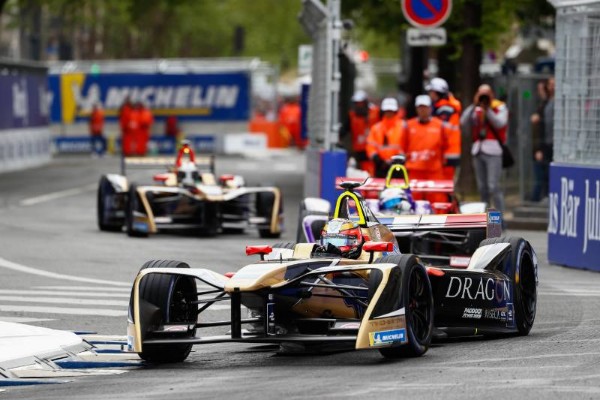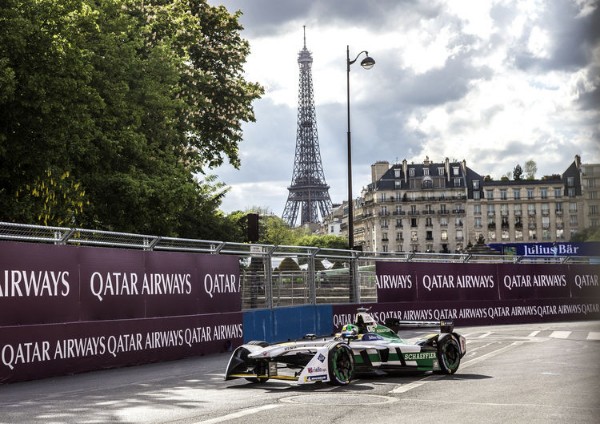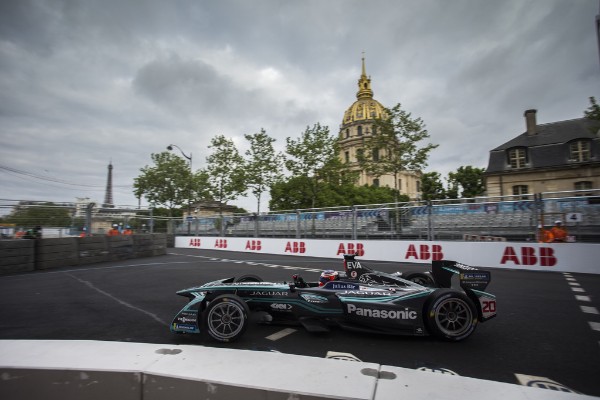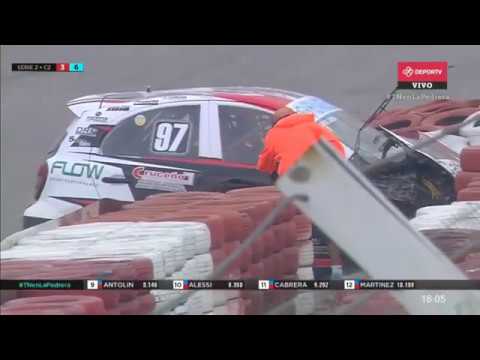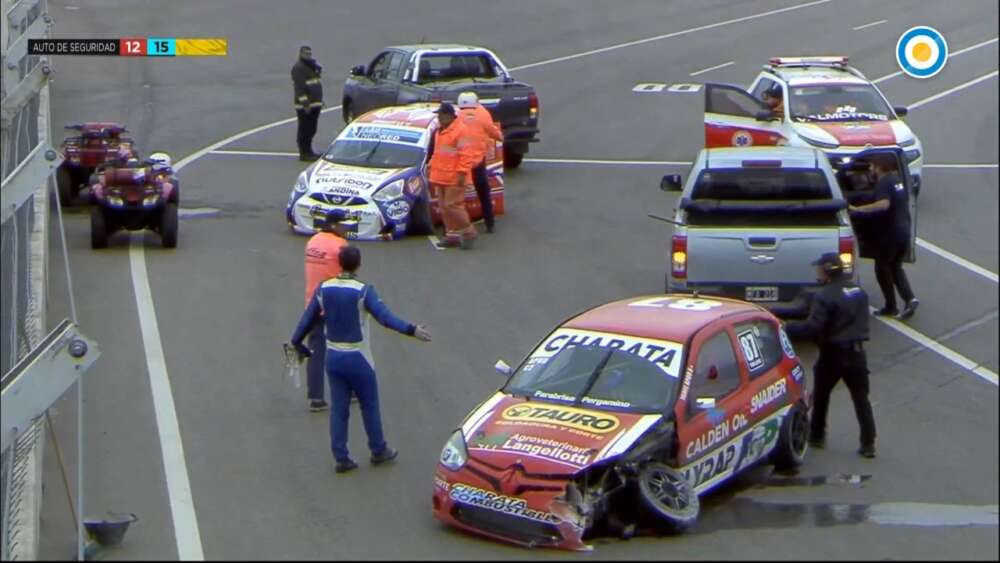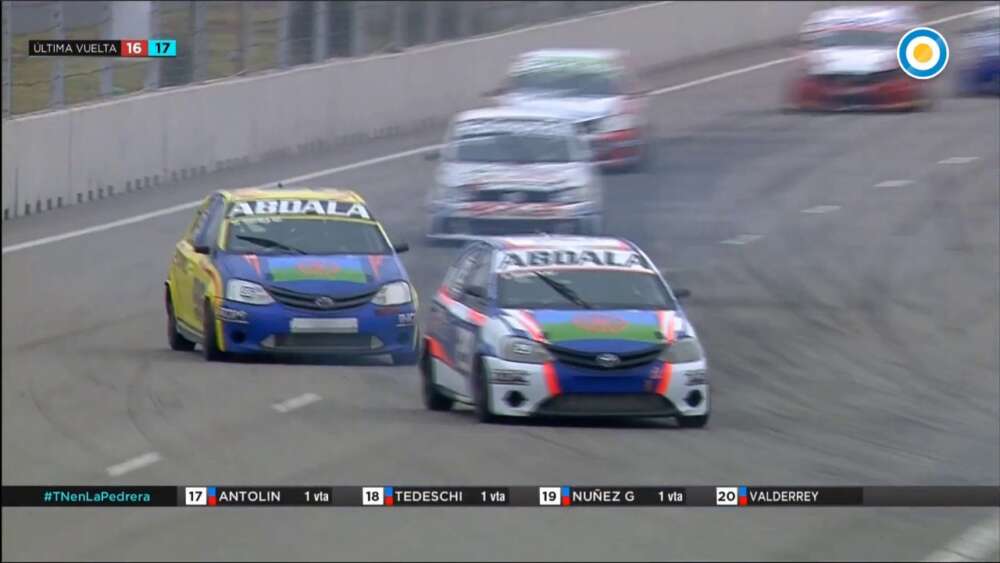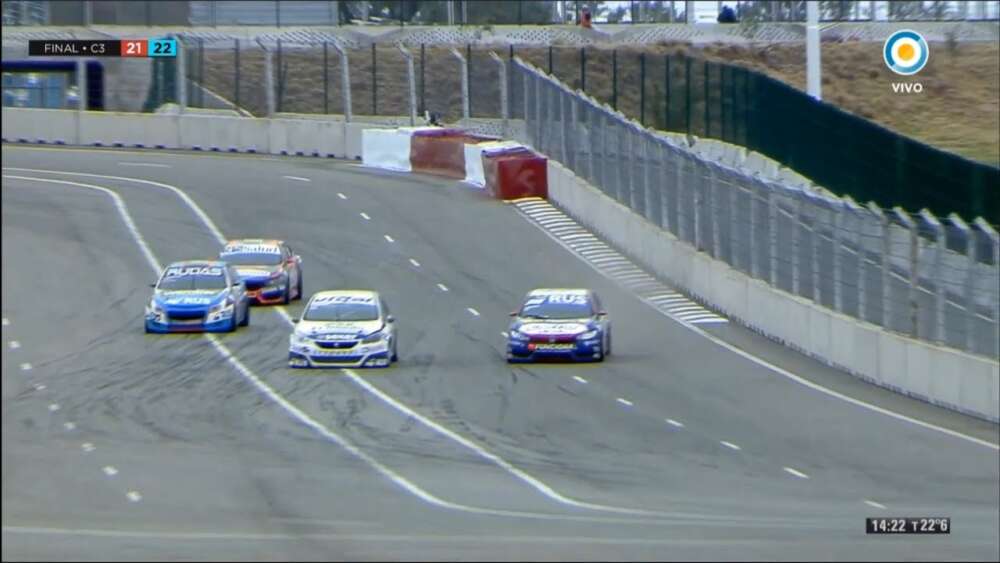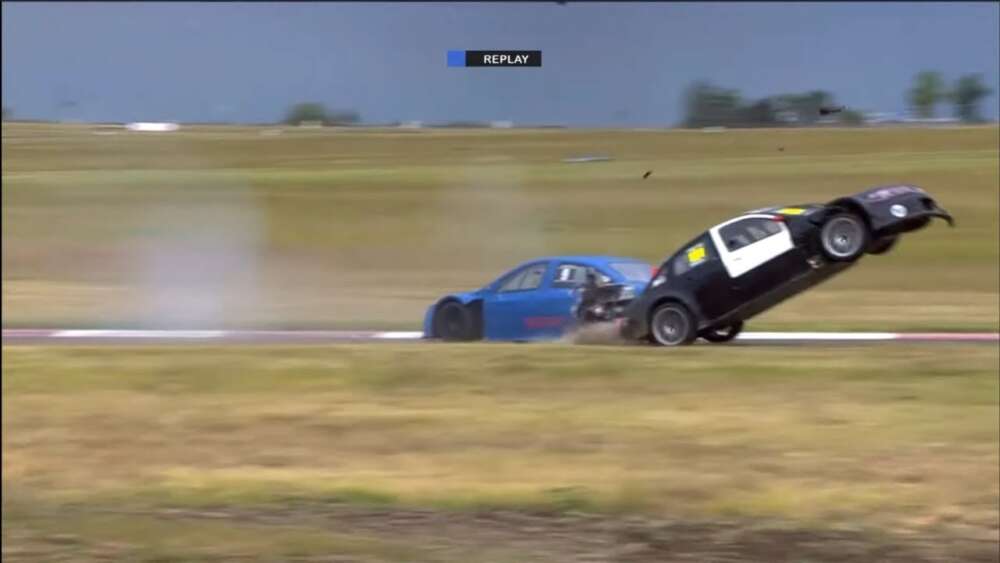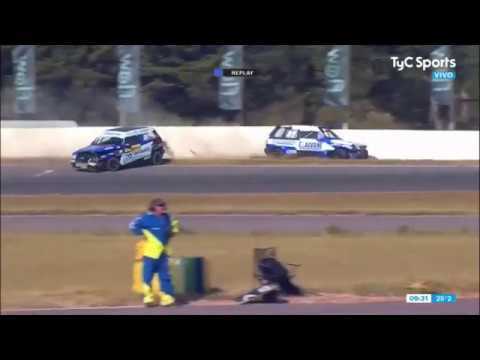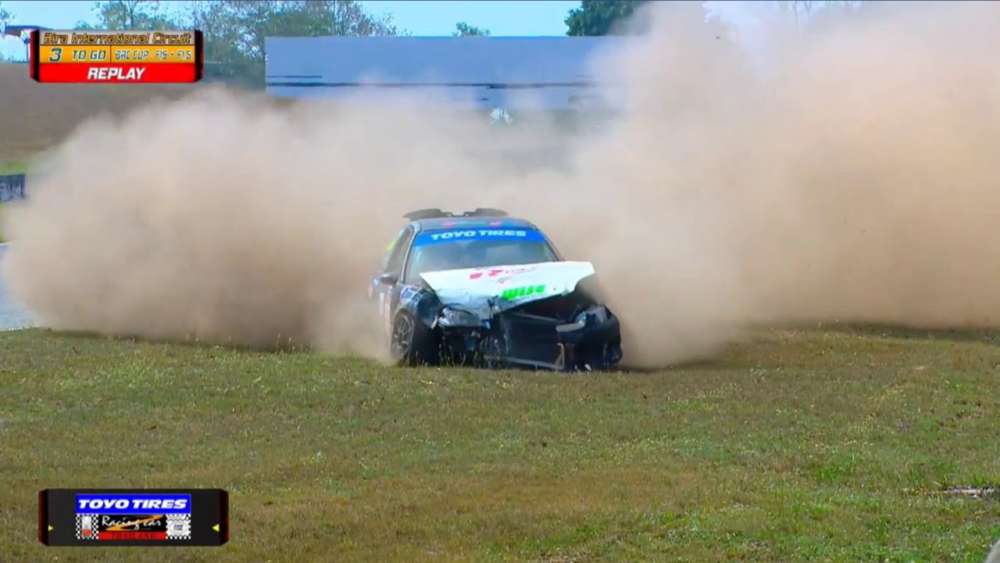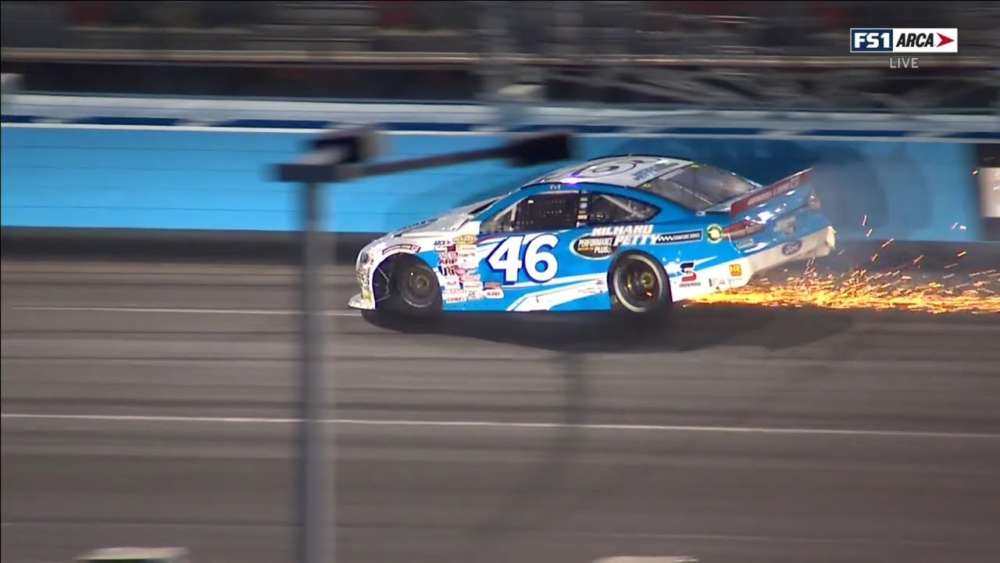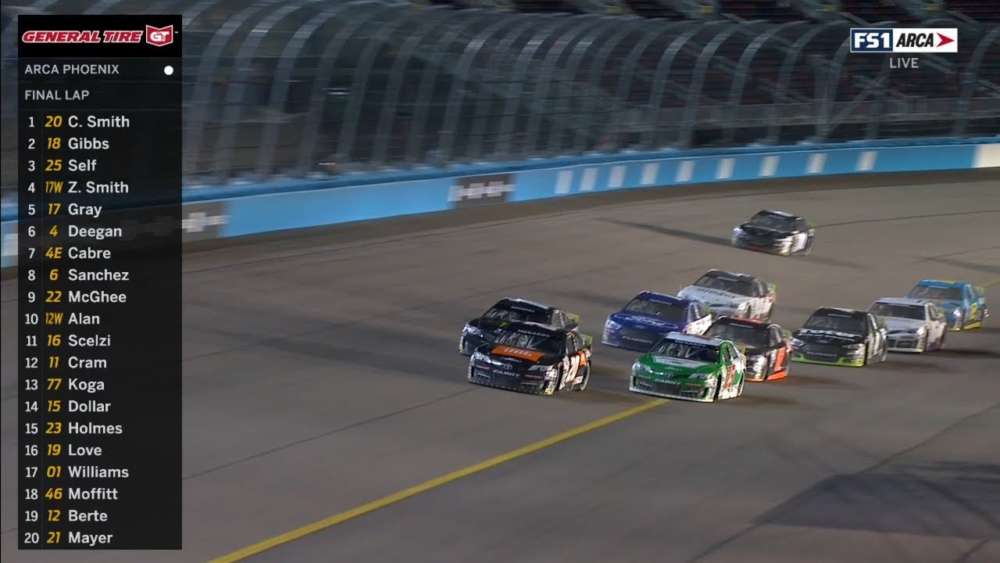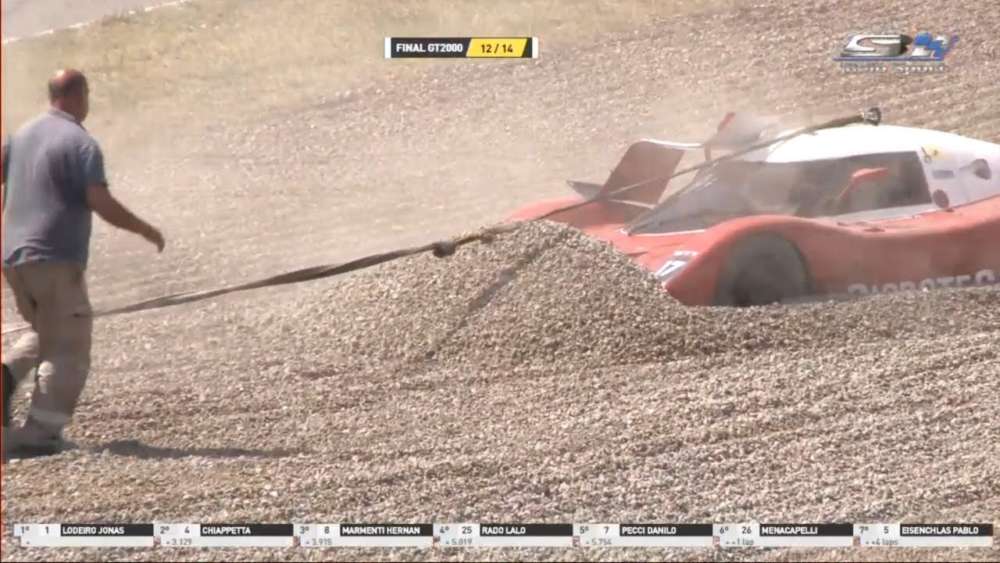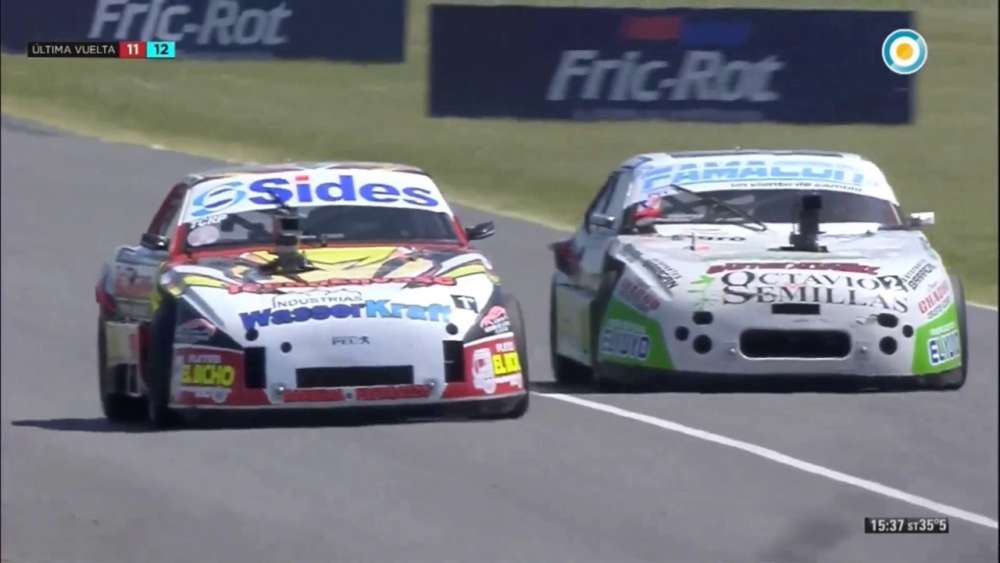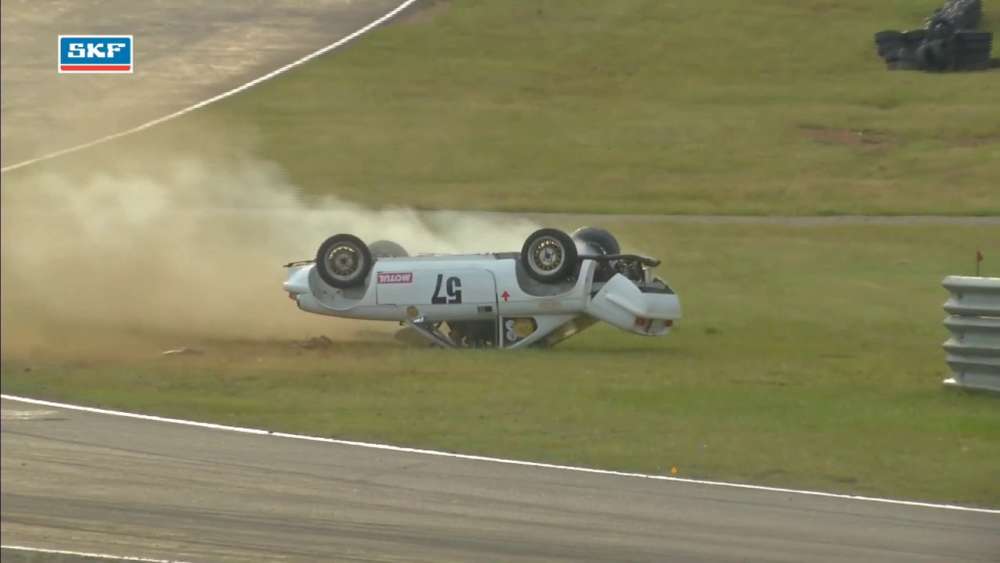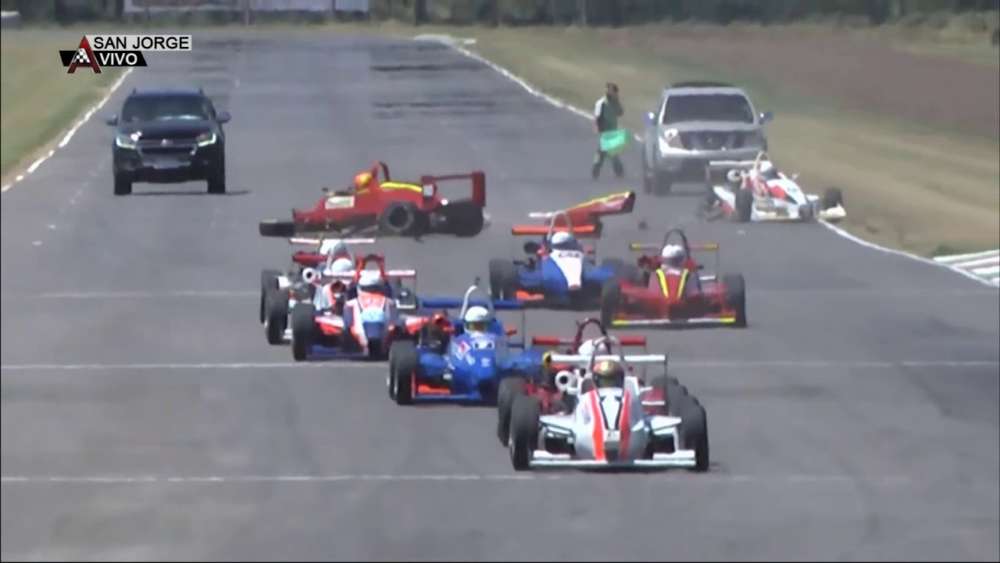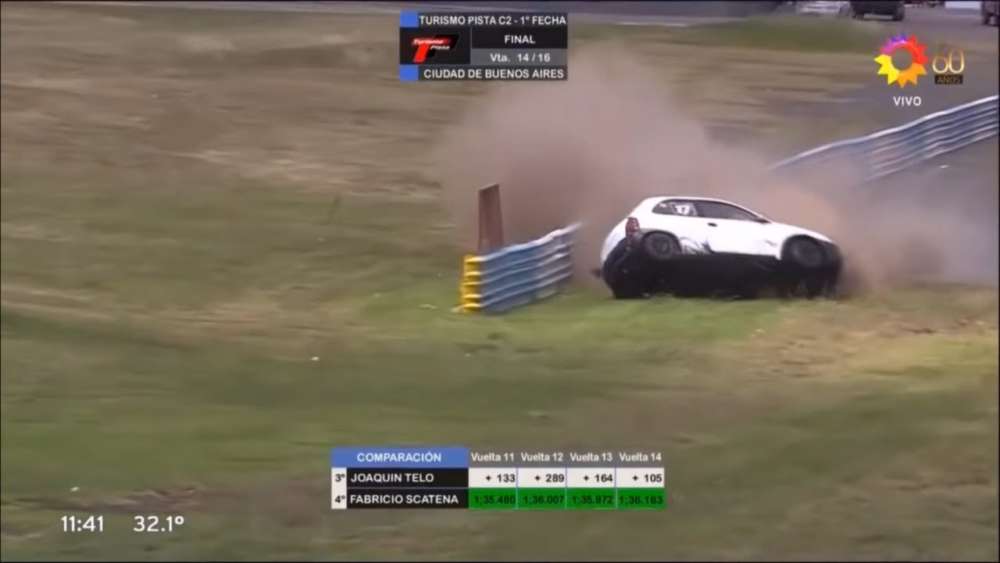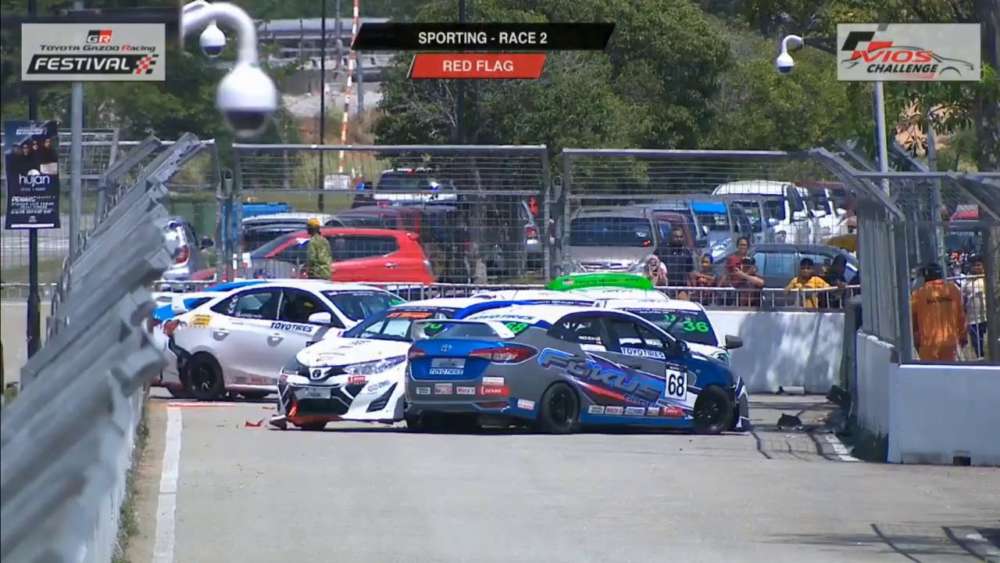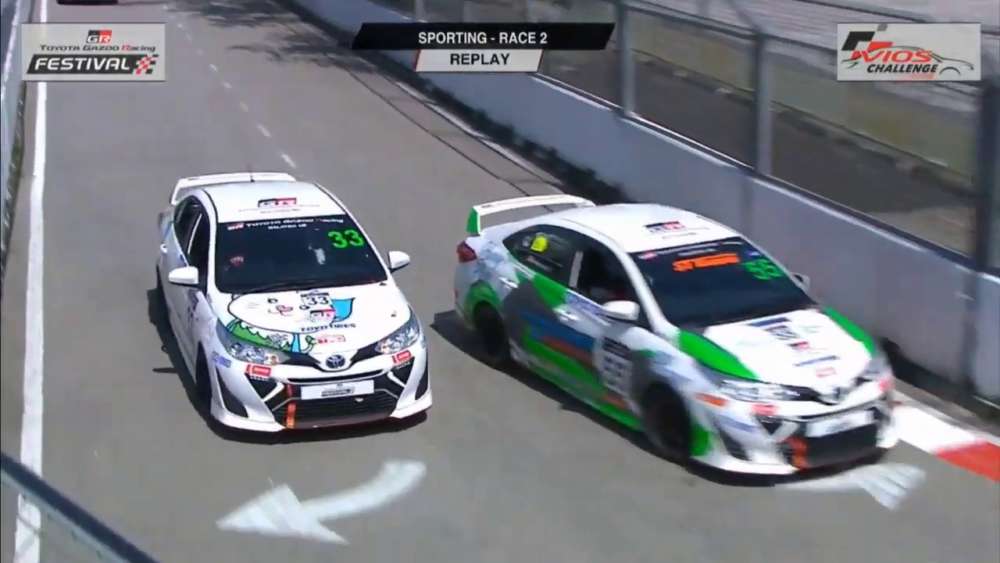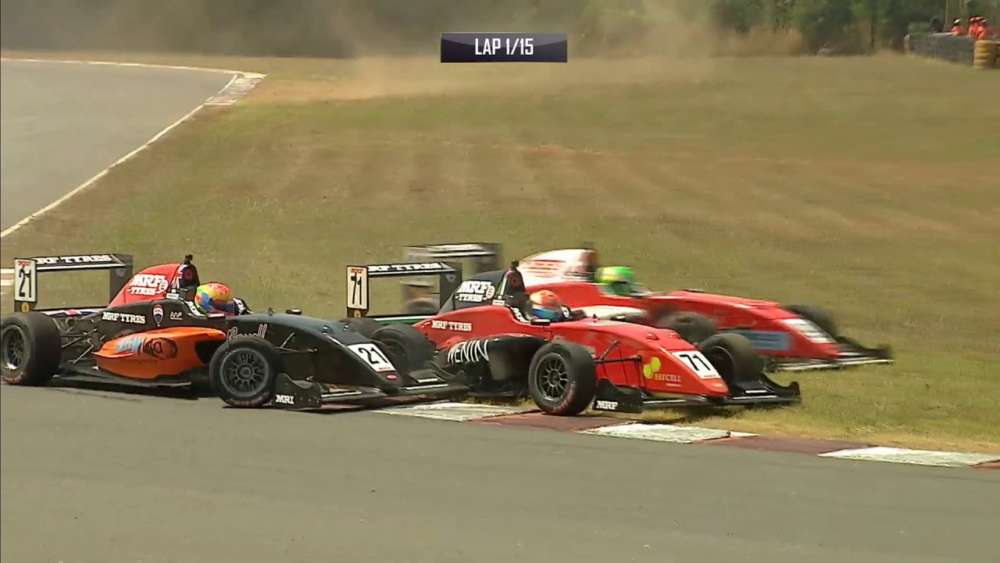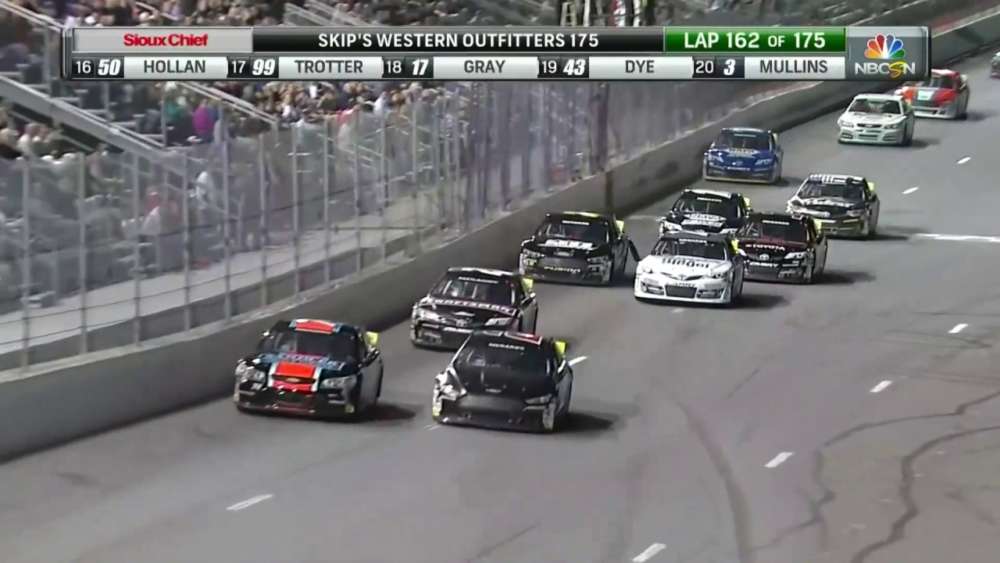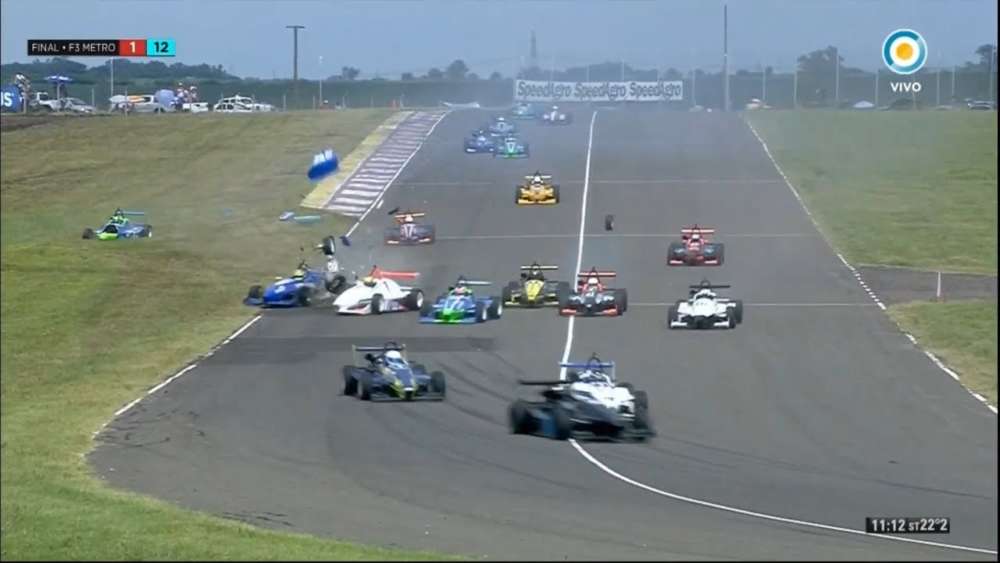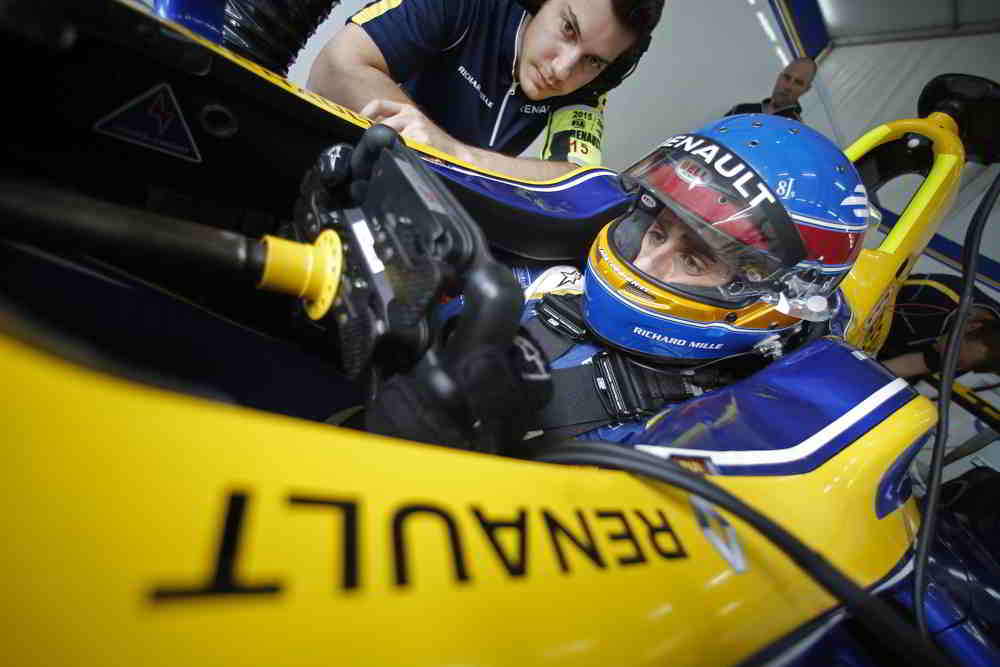
With Round 3 of the FIA Formula E Championship, the Punta del Este ePrix, coming up soon we decided to delve deeper into the efficiency of the Renault Z.E.15 with our Renault Sport Project Leader, Vincent Gaillardot.
In electric racing efficiency is key, right?
“Yes, absolutely! Essentially Formula E is an efficiency competition between electrical powertrains. It’s really important to have an efficient car given that the FIA regulations limit the amount of electrical energy available to us. This is limited to 28 kilowatt hours from the Williams battery we use.”

So 28kWh – what is that in layman’s terms?
“If we assume that the average kettle takes about two minutes to boil, you could boil approximately 280 standard kettles from that amount of energy. Then our job is to convert that electrical energy into mechanical efficiency.”
Great! So how do we do that?
“Well, the idea is to maximise that 28kWh available as it is transferred through the powertrain and to the track. This year’s regulations have allowed us to design and develop our own powertrain, which comprises the e-motor, inverter and gearbox, as well as a system to cool it all. So during development our job here at Renault Sport was to optimise the powertrain in order to maximise that efficiency and minimise energy loss in the process. Energy can be lost in different ways, such as resistance within the powertrain, excess heat generated and even lower pressure in the tyres leading to a larger contact patch with the track. We ran various simulations in different conditions to find the best solution for the season, seeing as we cannot touch the powertrain once it has been homologated by the FIA.”
Is there anything else we can do to improve efficiency?
“As with all forms of motor racing it is also vital that we can make the car as light as possible. Regulations dictate that the minimum weight (including driver) should be 888kg, so we try and stay as close to that as possible. It may seem obvious, but being as light as possible can make a huge difference to efficiency.”
And how can we relate all of that to the cars we drive around on the roads? Is there any correlation?
“Absolutely! We spent a lot of time with the electrical and transmission technicians from Renault. With years of experience developing road-going electric vehicles, we wanted to ensure we were on top of all of the latest technology.”
The third round of the 2015/16 FIA Formula E Championship campaign, the Punta del Este ePrix, takes place on December 19. To give Sebastien and Nicolas an extra boost during the Punta del Este ePrix, vote for them via http://fanboost.fiaformulae.com/#votingframe or the Formula E app. Alternatively, any Twitter and Instagram post including #FanBoost plus #SebastienBuemi or #NicolasProst will be counted as a vote. You can vote once per day, from 12 days before the event (December 7) until six minutes into the race.
• Punta del Este ePrix power facts
Last year’s winner: Sebastien Buemi (Renault e.dams)
Last year’s pole time: 1m15.409s – Jean-Eric Vergne (Andretti)
Seb’s result: 1st
Nico’s result: 7th
Fastest lap: Daniel Abt (ABT Schaeffler Audi Sport), 1m18.451s
Track length: 2.785km
Number of corners: 20
Did you know? Punta del Este’s Brava Beach has an unusual sculpture of a giant hand emerging from the sand. Known as La Mano, the piece was created by artist Mario Irarrazabal to resemble a hand ‘drowning’ in order to warn swimmers about the particularly violent waves that this section of the beach often experiences.
Did you know? With luxurious beaches, restaurants and casinos covering Punta del Este, it is sometimes referred to as ‘The St. Tropez of Uruguay’.
Did you know? Whilst much of Punta del Este and the surrounding area was just miles of sand and dunes, in 1896 Antonio Lussich bought 4,447 acres (1,800 ha) of uninhabited land and there he started a botanical garden and planted trees and plants from all over the world. Later the trees started to spread on their own, and now the area is full of mostly Pines, Eucalyptus, Acacias and various species of bushes.
